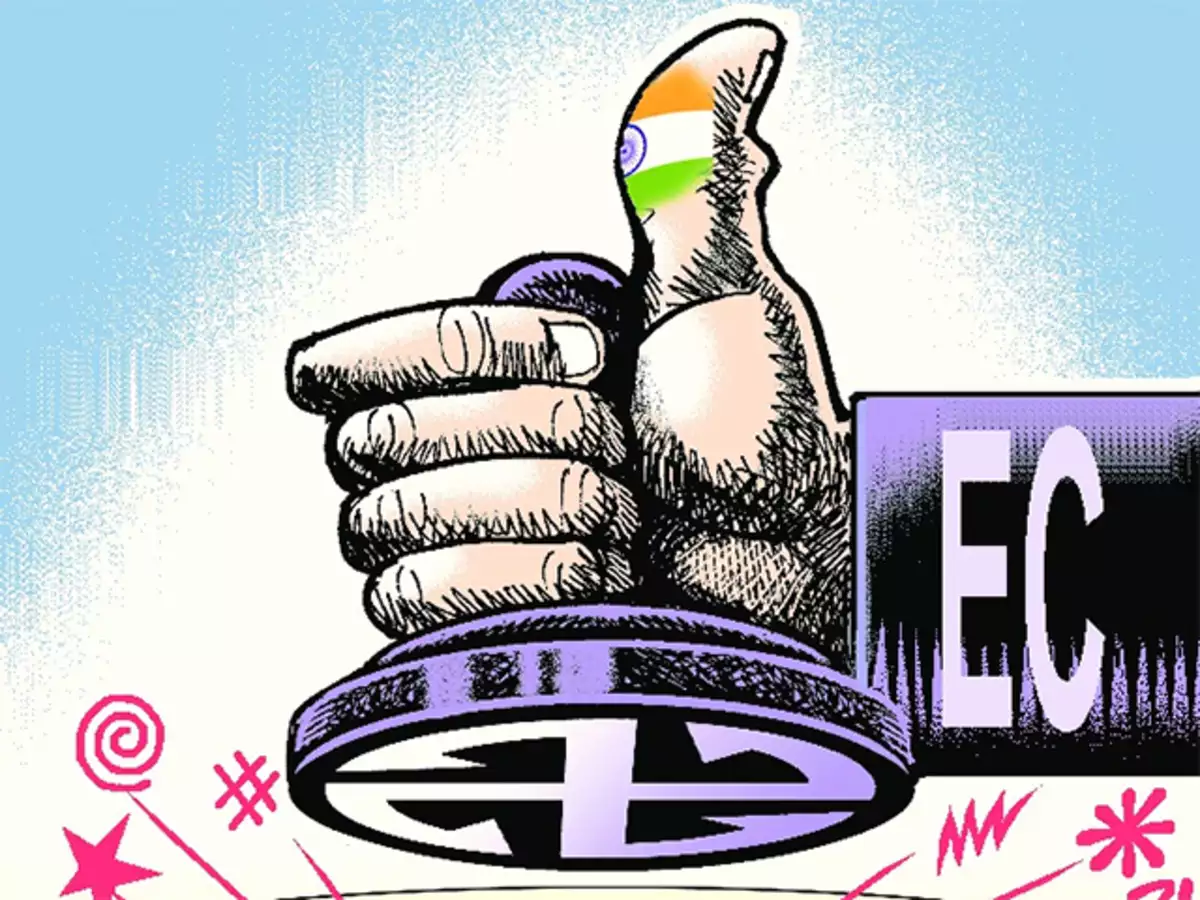In the digital age, social media has become an essential tool for political campaigns, providing candidates with a powerful platform to connect with voters. One of the most effective strategies within this realm is the use of paid social media ads. As elections become increasingly competitive and technology-driven, understanding the role of these ads is crucial for candidates aiming to maximize their reach and impact. Here’s a closer look at how paid social media ads influence elections and why they have become an indispensable part of campaign strategy.

1. Targeted Reach
One of the most significant advantages of paid social media ads is the ability to target specific demographics. Platforms like Facebook, Instagram, and Twitter allow campaigns to define their audience based on factors such as age, location, interests, and behavior. This targeted approach ensures that political messages reach the individuals most likely to engage with them, maximizing the effectiveness of campaign spending. For candidates, this means they can tailor their messaging to resonate with different voter segments, enhancing the overall impact of their campaign.
2. Cost-Effectiveness
Compared to traditional advertising methods like TV and print, paid social media ads often provide a more cost-effective solution. Campaigns can allocate budgets according to their needs and goals, adjusting spending in real time based on performance. This flexibility allows candidates to experiment with various ad formats, creative strategies, and messaging without the significant financial commitment required for traditional media. For smaller campaigns with limited resources, paid social media ads can be a game-changer.
3. Enhanced Engagement
Paid social media ads are designed to foster engagement, encouraging voters to interact with the content. This can include liking, sharing, commenting, and clicking through to learn more about the candidate or their policies. Engaging content can spark conversations among followers, expanding the campaign’s reach as supporters share messages within their own networks. This organic engagement can amplify a candidate’s message far beyond the initial ad placement.
4. Rapid Dissemination of Information
Elections often require quick responses to emerging issues, news, and events. Paid social media ads enable campaigns to rapidly disseminate information and updates to voters. Whether it’s addressing a recent controversy, promoting a rally, or clarifying policy positions, the immediacy of social media allows candidates to stay relevant and engaged with their audience. This agility can be crucial in shaping public perception and maintaining momentum during critical campaign periods.
5. Building Brand Awareness
Paid social media ads play a significant role in building brand awareness for candidates. Consistent exposure to campaign messages and visuals helps create a recognizable identity. This branding is essential for distinguishing a candidate from their opponents and ensuring they remain top-of-mind for voters. Through strategic ad placement, candidates can reinforce their core messages and values, ultimately influencing voter decisions.
6. Data-Driven Insights
One of the remarkable aspects of paid social media advertising is the wealth of data available to campaigns. Candidates can track metrics such as engagement rates, click-through rates, and conversions, providing valuable insights into what resonates with their audience. This data allows campaigns to refine their strategies, optimizing ads for better performance and ensuring resources are allocated effectively. Continuous monitoring and adjustment are key to maintaining a competitive edge.
7. Crisis Management
In the unpredictable world of politics, crises can arise at any moment. Paid social media ads can be instrumental in managing a crisis by allowing candidates to respond quickly and effectively. Whether countering misinformation, addressing a scandal, or clarifying a controversial statement, paid ads can deliver the necessary message to the right audience in real time. A well-crafted response can mitigate potential damage and help restore trust.
8. Influencing Voter Turnout
Paid social media ads are not only effective for messaging; they also play a crucial role in encouraging voter turnout. Campaigns can utilize targeted ads to remind voters about upcoming elections, share information on polling locations, and emphasize the importance of participation. By creating a sense of urgency and empowerment, paid ads can help mobilize supporters and increase voter turnout on election day.
9. Building Community and Support Networks
Social media is inherently a community-oriented platform, and paid ads can help candidates cultivate a sense of community among their supporters. Campaigns can create events, encourage participation in rallies, and share opportunities for volunteering. By fostering connections among supporters, paid ads can transform a candidate’s following into a dedicated community that actively engages with the campaign.
10. Ethical Considerations and Transparency
While paid social media ads offer numerous benefits, candidates must also navigate ethical considerations and transparency. Voters are increasingly concerned about the authenticity of political messaging, especially in light of misinformation and foreign interference. Being transparent about ad spending and targeting strategies can enhance credibility and trust among constituents, making ethical considerations an integral part of any paid advertising strategy.
Conclusion
Paid social media ads have become a critical component of modern political campaigns, offering candidates unparalleled opportunities to connect with voters. From targeted reach and cost-effectiveness to enhanced engagement and crisis management, the benefits are substantial. As elections continue to evolve in a digital-first world, candidates who harness the power of paid social media ads will be better positioned to influence voter opinions, build brand awareness, and ultimately achieve success at the polls. Embracing this innovative approach can pave the way for a more engaged and informed electorate.


No responses yet